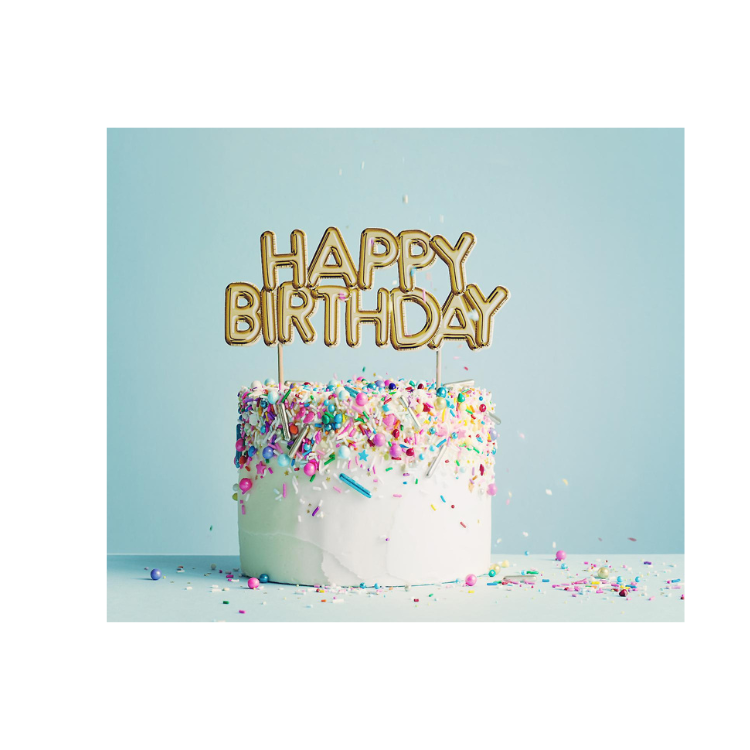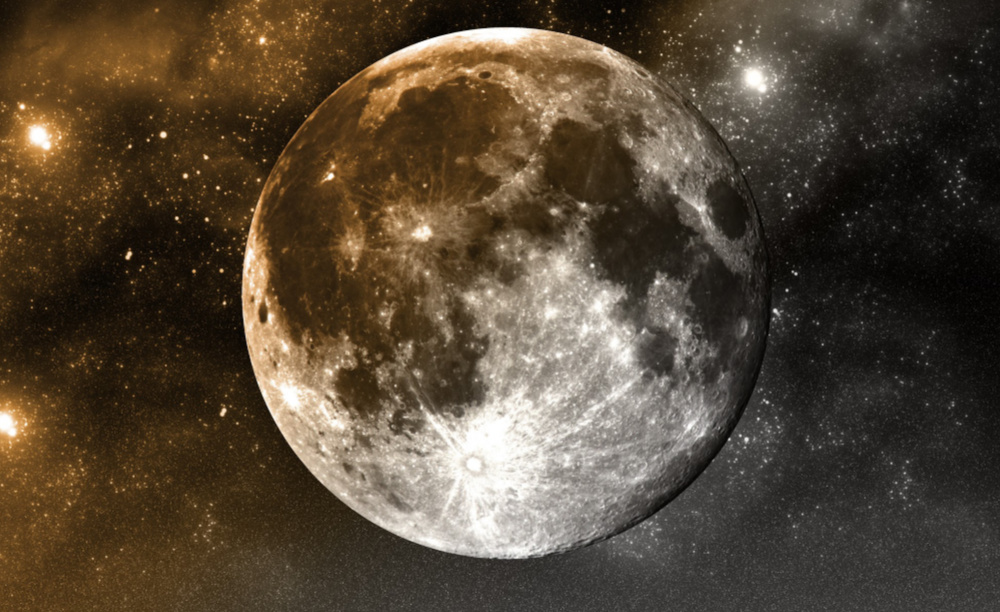One thing I’ve noticed over the years is that a lot of people die around their birthdays. Typically, I’ve noticed that they might die within a month of their birthdays — either before or after. I’ve noticed this with people I know, as well as with celebrities. For example, actor and activist Sidney Poitier was born February 20, 1927 and died January 6, 2022. Actress Kirstie Alley was born January 12, 1951 and died December 5, 2022. Actress Elizabeth Taylor was born February 27, 1932 and died Marach 23, 2011.
I remember once interviewing a healer and she mentioned that people often die around their birthdays because energetically that is when we are at our weakest. The idea resonated with me. On some level I knew it to be true. In my own life two times when I was the sickest occurred around my birthday. One year I had pneumonia during that time. Another year I was in the hospital for my birthday month for nutritional imbalances after a major digestive surgery.
I’ve been exploring the concept recently and here’s what I’ve found.
Your birthday marks the end of a cycle
Astrology shows us the power and prevalence of cycles. All of the planets embark on a journey only to return to their starting point before they follow that same path again. Perhaps it’s easiest to see this with the moon since its cycles are the shortest and we can identify all aspects of the cycle every month.
The new moon is the beginning of the cycle and it’s characterized by darkness. On the night of a new moon, you can look up in the sky and you won’t see the moon at all. While the moon’s energy is weak at this point, this is a moment of pure potentiality. That’s why many people set intentions during the new moon and look at it as a good time to do manifestation rituals.
Then there is a period of waxing — when the moon’s energy begins to increase. At this time, you begin to see the moon get larger; first it is a sliver and then it grows in size until it reaches full moon status — the moment when the moon’s energy is at its strongest. At this point, the moon’s cycle reaches a turning point and begins to wane, or lose energy, as it moves toward the end of its current cycle.
Energetically, the moon continues to lose power until it gets down to new moon status, where the cycle repeats itself.
We undergo a similar cycle over the course of each birth year. Your birthday is akin to the new moon — the moment that your energy is most diminished, yet the period where the potential for your next cycle is unmatched.
So where does death come in? There are a couple of ways that you could look at it. Physically, your body and the energy that surrounds it are at their weakest around your birthday, according to this belief system. (I must add here that I am no doctor and you should not take any medical advice from this web site. Only your doctor can give you a prognosis.) That means if you’re sick or you have an accident, your body may not be as prepared as usual to fight off the effects. That could leave you particularly vulnerable.
Another way to look at it is to acknowledge that death is not an ending, but rather the beginning of a new cycle. Your birthday is the moment of pure potentiality, and that potential could be related to life after death rather than your current life experience.
Science also has a birthday death theory
What’s really fascinating to me is that this is one of those areas where metaphysically-minded people and scientists agree that something is going on. You’re not just imagining that many people seem to die around their birthdays. Researchers have found that it is true. One study even found that people are 14 percent more likely to die on their birthdays than on any other day. That percentage was even higher among people 60 and older. They are 18 percent more likely to die on their birthdays than on other days.
Of course scientists aren’t likely to look to astrological cycles and energy theories to explain it. Instead, some suggest that we’re more stressed out around our birthdays, leading to adverse health effects.
Another theory blames it on the birthday blues — some of us get so depressed around our birthdays that we either lose our life to suicide or subconsciously welcome death in some way.
Some have even gone so far as to blame an increase in accidents and reckless behavior on alcohol and other celebratory behaviors people often engage in around their birthdays.
How to increase the odds we keep on living
If you’re like me, you’re not interested in finding out whether you’re more likely to die around your birthday any time soon. In fact, I’m banking on living to be 100 and I have many decades to go before that happens. So what advice can I take from these findings and how can I best protect my energy and my body when my birthday season comes around?
For one, I can take it easy. While many people like to celebrate and party around their birthdays, I prefer to relax and go within. Partying would be going against my natural cycle, which, like the waning moon, is about getting quiet and resting. That’s not to say I won’t celebrate a birthday, but I will be particularly careful and low-key during those days around my special day.
I will also pay attention to my health. Having already had major health crises twice during my birthday season, I am very much aware of my body’s vulnerabilities during that time. Getting enough rest — maybe getting more rest than usual — and eating well are priorities particularly around that time of year. Making sure I get enough water is also paramount to keep my organs functioning at the highest level and to flush toxins out of my body. I may even consider a visit to my naturopath, or schedule acupuncture or a relaxing massage to heap on a load of self-care.
Finally, I can show an appreciation for the natural rhythms of life. There is a time and a season for everything. Learning to read and make the most of each season is the ultimate act of living spiritually and metaphysically. When we are in sync with the Universe, we are in sync with the Truth and Essence of life. We are living in alignment with our higher selves, which is what we are all here to do.

